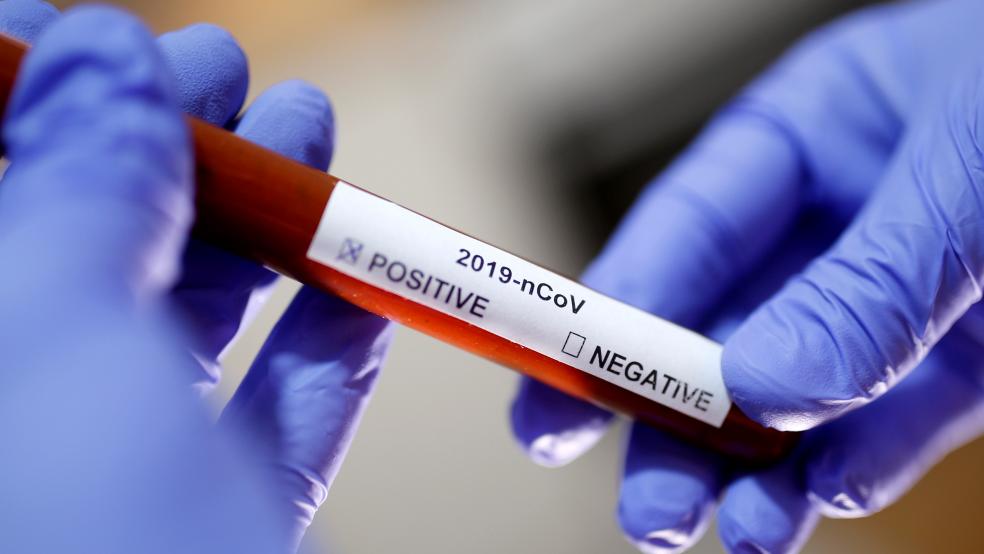Gilead Sciences has announced the pricing for its Covid-19 drug remdesivir. The company will charge governments in developed countries, including portions of the U.S. government, $390 a vial, or $2,340 for a typical five-day treatment course using six vials of the drug. A longer course of treatment would cost $4,290. The government price will apply to the Department of Veterans Affairs, but not to programs including Medicare and Medicaid that don’t directly purchase drugs, according to The Wall Street Journal.
The price for private insurance companies will be one third higher, $520 a vial, or $3,120 for a five-day course of treatment. Longer treatment would run $5,720.
In an open letter explaining the decision, Gilead Chairman & CEO Daniel O’Day said the company had carefully considered its pricing. “In normal circumstances, we would price a medicine according to the value it provides,” O’Day wrote. He added that early study results showed that remdesivir shortened recovery time by an average of four days, and reducing the time patients spend in the hospital by that much would translate to hospital savings of approximately $12,000 per patient. “We have decided to price remdesivir well below this value,” O’Day wrote.
Too high? Too low? “There will be room for outsiders to argue the price is too high — and too low,” writes Matthew Herper at STAT. “The Institute for Clinical and Economic Review (ICER), a nonprofit which sets benchmarks for what it thinks are fair prices in the U.S., said that remdesivir would be cost-effective at as much as $5,080 per treatment course. But it also said that, given recent studies showing that dexamethasone, a cheap and ubiquitous steroid, could save lives among ventilated patients, a fair price might be as low as $2,520. That would mean that governments would be getting a good deal, but perhaps not private insurers in the U.S.”
Peter Bach, director of the Center for Health Policy and Outcomes at Memorial Sloan Kettering Cancer Center, told STAT that remdesivir could lengthen some hospital stays, because patients may not be discharged until they get a full course. “This is entirely predictable,” Bach said. “They take the highest number anybody has floated, they cut down a bit from there, and they say now they’re the good guys.”
The Department of Health and Human Service announced an agreement on Monday to secure more than 500,000 treatment courses of remdesivir through September.
Clarification: This article has been updated to clarify the U.S. government pricing of remdesivir.





